Welcome to the Department of Computer Science & Technology (CST)
Of all the engineering disciplines, Computer Science and Technology is arguably the most varied and adaptable. Automation, software industries, and emerging technologies demand professionals with skills in design, development, testing, and system management. At Gita Autonomous College, our CST department provides a conducive learning environment to equip students for diverse roles including:
Since its inception, the CST department has earned recognition for its contributions to innovation and computer science research both nationally and internationally. Our graduates consistently secure top positions in universities and multinational companies, excelling in both industry and research. The department’s students are trained to become highly skilled professionals and researchers, capable of contributing meaningfully to the technological ecosystem.
Academic Excellence and Courses
The department offers B.Tech courses that combine theoretical knowledge with practical application. Our curriculum is designed to blend best practices in research, pedagogy, and professional development, ensuring students are prepared for the rapidly evolving tech industry.
Shaping Future Innovators
Computer Science & Technology continues to be at the forefront of technological advancement. The demand for skilled software engineers and tech innovators will only grow. Join our program to develop into responsible, competent, and innovative engineers ready to meet the challenges of tomorrow.

Welcome to the Gita Autonomous College's (Bhubaneswar, Odisha) Department of Computer Science and Technology (CST). The Department of CST at Gita Autonomous College, which has been a mainstay of the Institute since its founding in 2015, is well-known and acknowledged both domestically and globally for its inventiveness and research in the fields of computer science and engineering. It offers highly skilled researchers and engineers who are first-rate assets to the business and community.
The department provides bachelor's degree programs and trains students to be future-ready and up to any challenge in a technological environment that is changing quickly. The department has state-of-the-art experimental setups, including research labs, IOT labs, and labs for advanced programming.
Faculty members are highly motivated to impart the best technical knowledge and have excellent academic credentials. Our students are always at the forefront of technological advancements because faculty members and students collaborate on the newest technological developments.
An overview of the department's academic offerings, research endeavours, resources for conducting research, faculty biographies, and details about student activities are all available on this website. After looking through this website, if you still have questions, don't hesitate to get in touch with us. Additionally, you can use the email addresses listed on the faculty pages to correspond with specific faculty members. Our department is eager to work with all societal segments to actively participate in addressing the technological challenges.
Thank you for visiting us.
To empower students of the Computer Science & Technology Department to be technologically adept, innovative, self-motivated, and responsible global citizens possessing strong human values, enabling them to contribute to industrial development, innovation, high-quality technical education, and research in an ever-changing world.
M1. To prepare students for a challenging professional career and nurture their entrepreneurial abilities by developing leadership and innovation skills, enabling them to serve the engineering profession and society effectively.
M2. To impart rigorous training and generate knowledge through state-of-the-art concepts and technologies in Computer Science and Technology.
M3. To encourage higher studies by providing a conducive teaching, learning, and research environment.
| 1 | PEO1 | The graduates will utilize their expertise in engineering to solve industrial and technological problems. |
| 2 | PEO2 | Graduates will be innovators and professionals in technology deployment and system implementation. |
| 3 | PEO3 | Graduates will function in their profession with social awareness and responsibility. |
| 4 | PEO4 | Graduates will interact with their peers in industry and society as engineering professionals and leaders. |
| 5 | PEO5 | Graduates will succeed in achieving innovative skills in the field of research and computer applications. |
| 6 | PSO1 | The graduates will have the ability to design, develop, and innovate software products or processes in a systematic way by applying algorithm design, artificial intelligence, soft computing, and programming skills. |
| 7 | PSO2 | The graduates will have the ability to take up higher studies, collaborative research, and entrepreneurship in the modern computing environment. |
| 8 | PSO3 | Graduates will have the ability to achieve additional expertise through add-on programs in machine learning, deep learning, IoT, etc., and pursue lifelong learning. |
| 9 | PO1 | Engineering knowledge: Apply the knowledge of mathematics, science, engineering fundamentals, and Computer Science & Engineering to the solution of complex engineering problems. |
| 10 | PO2 | Problem analysis: Identify, formulate, review research literature, and analyze complex engineering problems reaching substantiated conclusions using first principles of mathematics, natural sciences, and engineering sciences. |
| 11 | PO3 | Design/development of solutions: Design solutions for complex engineering problems and system components or processes that meet specified needs, considering public health, safety, and environmental factors. |
| 12 | PO4 | Conduct investigations of complex problems: Use research-based knowledge and methods, including experiments, data analysis, and synthesis, to provide valid conclusions. |
| 13 | PO5 | Modern tool usage: Create, select, and apply appropriate techniques, resources, and modern IT tools, including modeling and prediction, to complex engineering activities with an understanding of limitations. |
| 14 | PO6 | The engineer and society: Apply contextual knowledge to assess societal, health, safety, legal, and cultural issues relevant to professional practice. |
| 15 | PO7 | Environment and sustainability: Understand the impact of professional engineering solutions in societal and environmental contexts and demonstrate knowledge of sustainable development. |
| 16 | PO8 | Ethics: Apply ethical principles and commit to professional ethics, responsibilities, and norms of engineering practice. |
| 17 | PO9 | Individual and team work: Function effectively as an individual, and as a member or leader in diverse teams and multidisciplinary settings. |
| 18 | PO10 | Communication: Communicate effectively on complex engineering activities with the engineering community and society at large through reports, documentation, and presentations. |
| 19 | PO11 | Project management and finance: Demonstrate knowledge and understanding of engineering and management principles and apply them to one’s own work, managing projects in multidisciplinary environments. |
| 20 | PO12 | Life-long learning: Recognize the need for and have the ability to engage in independent and life-long learning in the broadest context of technological change. |
Coming Soon...
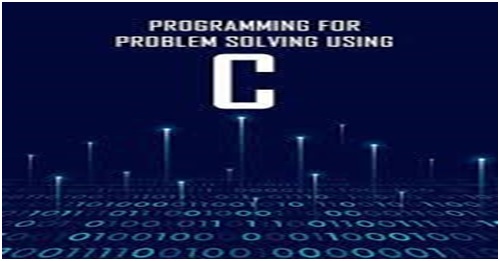


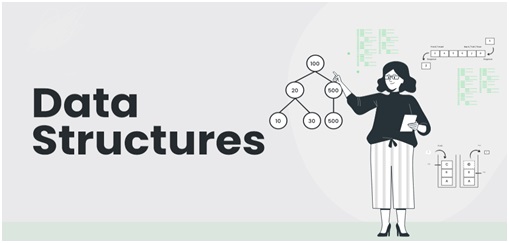
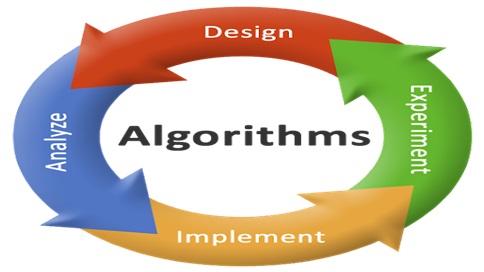
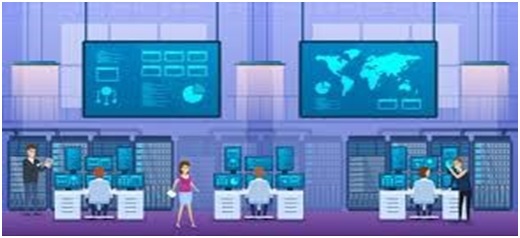
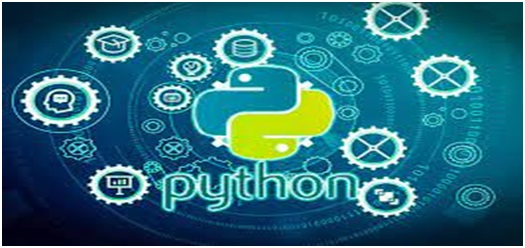
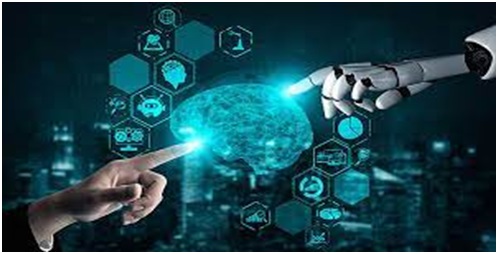

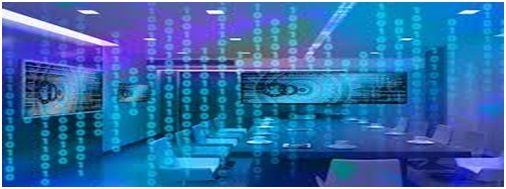
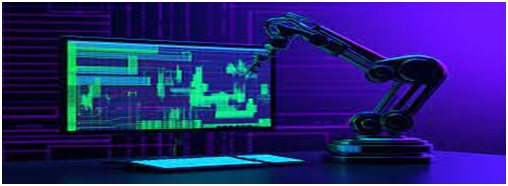
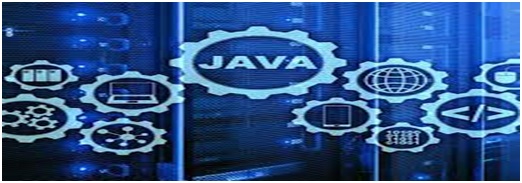

Coming Soon...
Coming Soon...
Coming Soon...
Coming Soon...
| Sl No | Name | Year | Company Name |
|---|